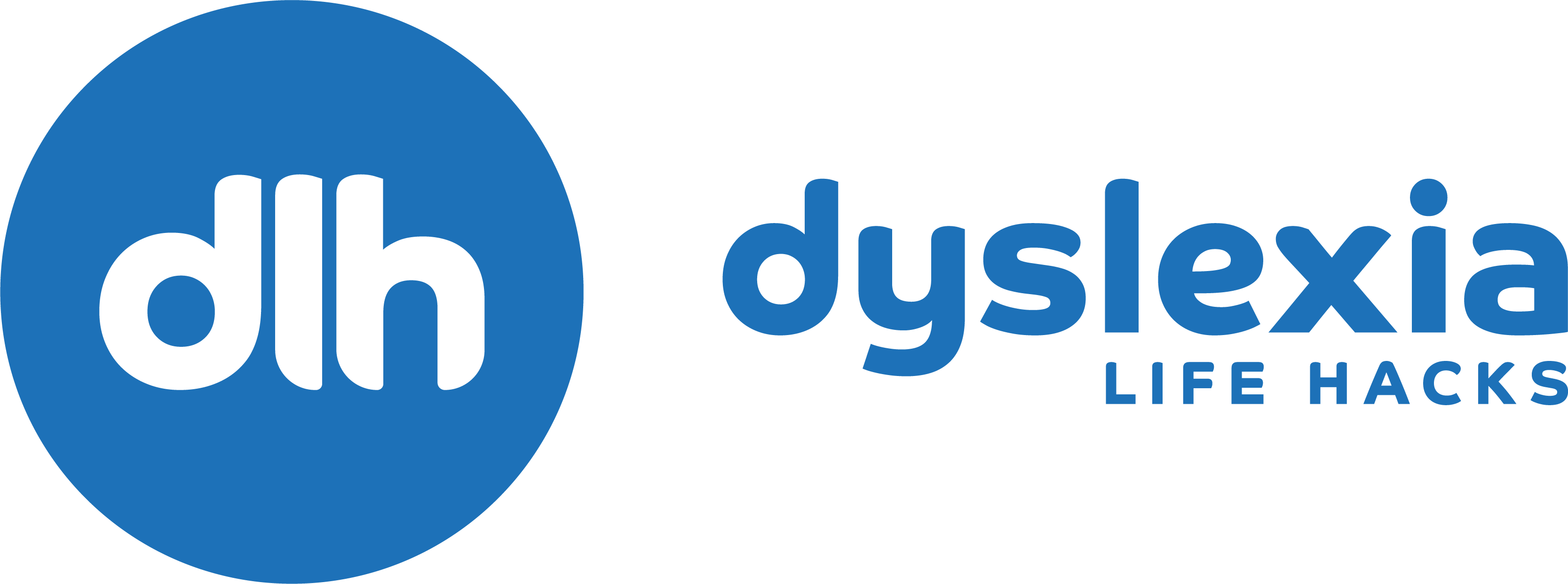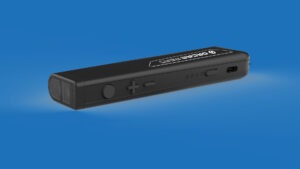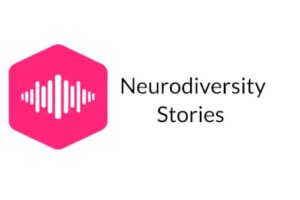Ahhhh a classic dyslexic stumbling block. I think I was young adult by the time I got this down: which side is my left which is my right.
I found it very useful to have cues to remember lefts and rights. In my case I am a keen motorcyclist so the throttle (the most important part I must add) is in my right hand. Another way I remember this is that I always wear a watch my left wrist and I write with my right hand.
Another visual cue it to put you hands out, palms down with the thumbs out, you left hand makes an L!
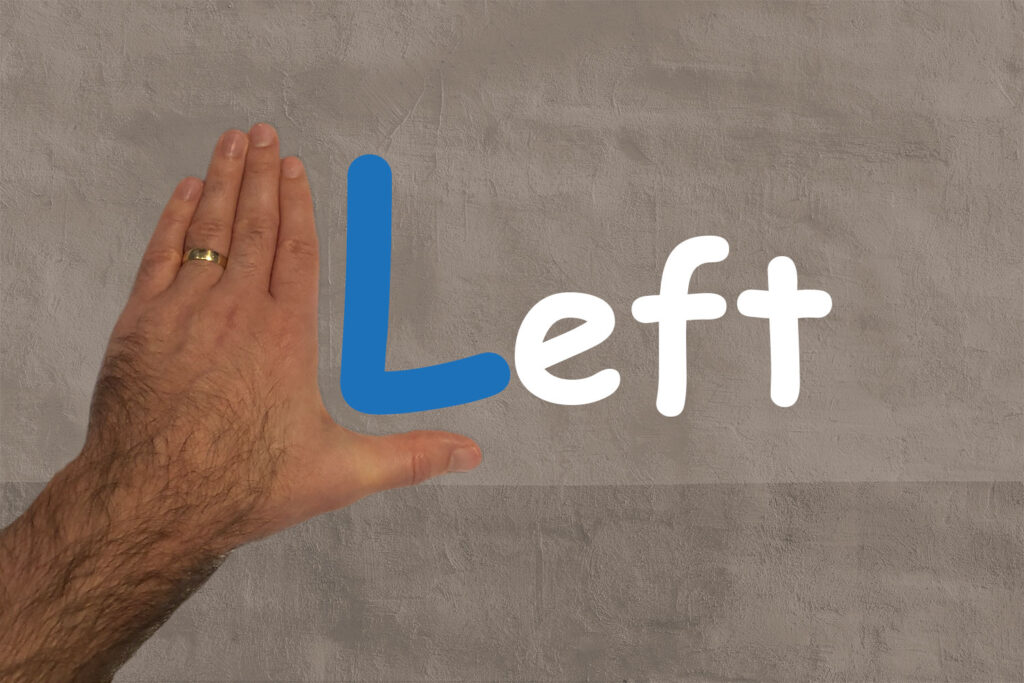
I discovered once I had my own left and right hands firmly operated in my brain, being able to project this out to other objects or people becomes a lot easier.
